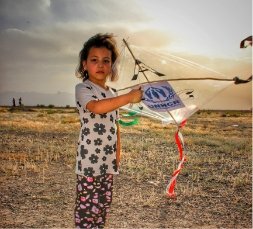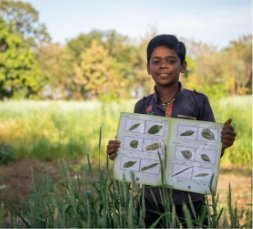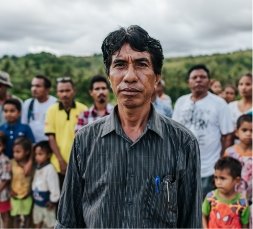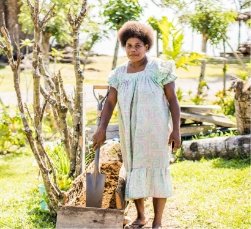Food Insecurity
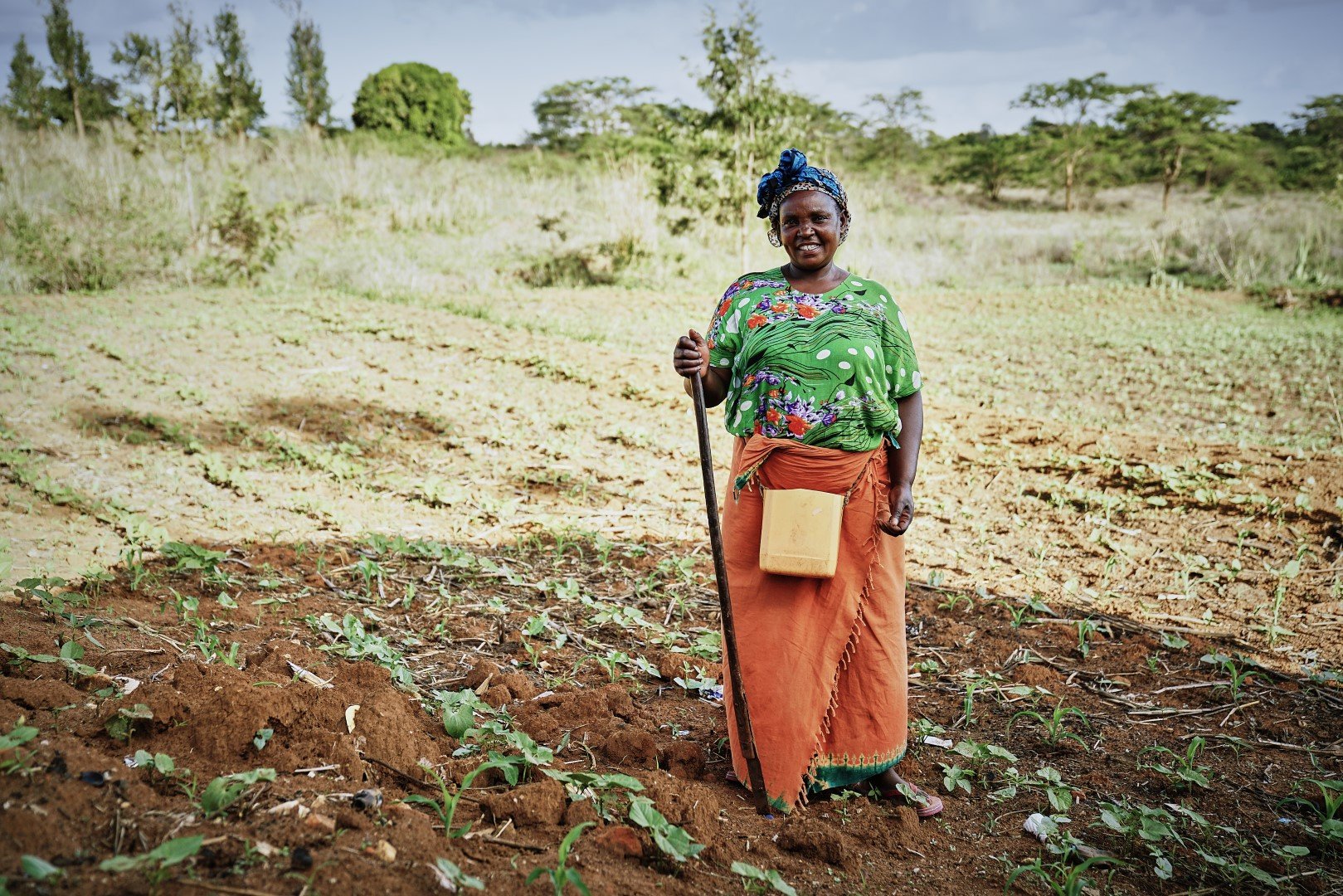
Women farmers in Uganda learn agricultural skills through Baptist World Aid Australia’s development program there. Photo: Baptist World Aid
The Global Food Crisis

Australia has the opportunity to help prevent catastrophic famine and build global resilience for the future now.
A total of 50 million people in 45 countries are teetering on the edge of famine. The number of those facing acute food insecurity has soared – from 135 million to 345 million – since 2019.1 This is a crucial moment for Australia, in cooperation with the international community, to avert humanitarian catastrophe and famine. Australia should commit to a ten-year Global Food Security Strategy – a proactive and strategic approach that builds resilience & protects development gains is required to ensure that we are doing more than reacting from crisis to crisis.
ACFID and the Humanitarian Reference Group have created a brief that outlines a proactive and strategic approach to global food insecurity, to respond to critical hunger spots and prevent food insecurity in countries at risk by building resilience.
Help Fight Famine
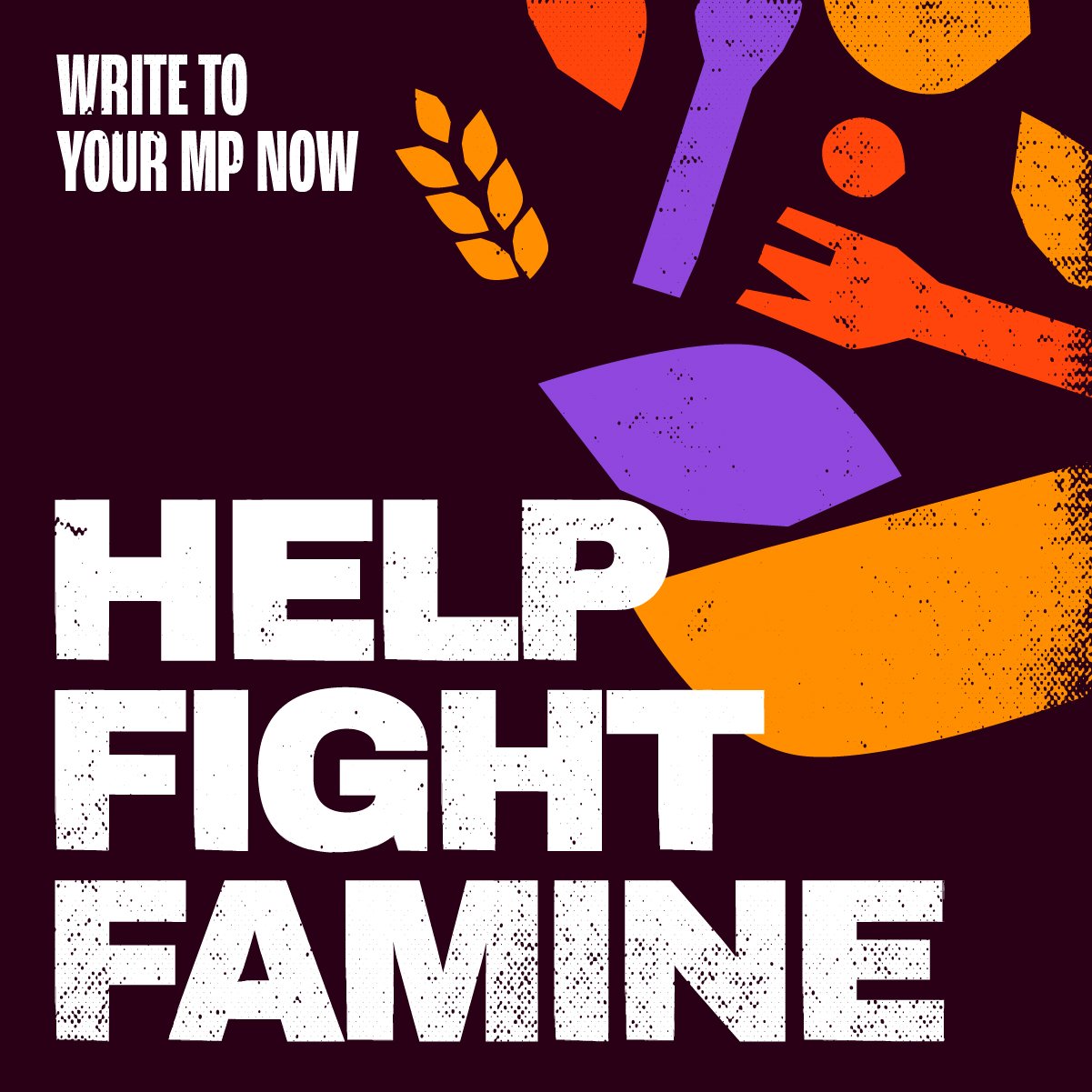
Here in Australia, we’ve seen our own food prices skyrocket due to the ongoing impact of the pandemic, climate disasters and most recently, the conflict in Ukraine.
But in communities and countries where people were already facing life-threatening hunger, this conflict has pushed them to the breaking point. Right now, 49 million people are facing famine.
Stepping up and playing our part in the global community has never been more urgent, and yet Australian aid is falling short, right when it is needed most.
Help Fight Famine is part of The Ripple Project, a campaign bringing together Australia’s leading development organisations to call on Australia to help create a better world through aid.
Visit the Help Fight Famine website here.









